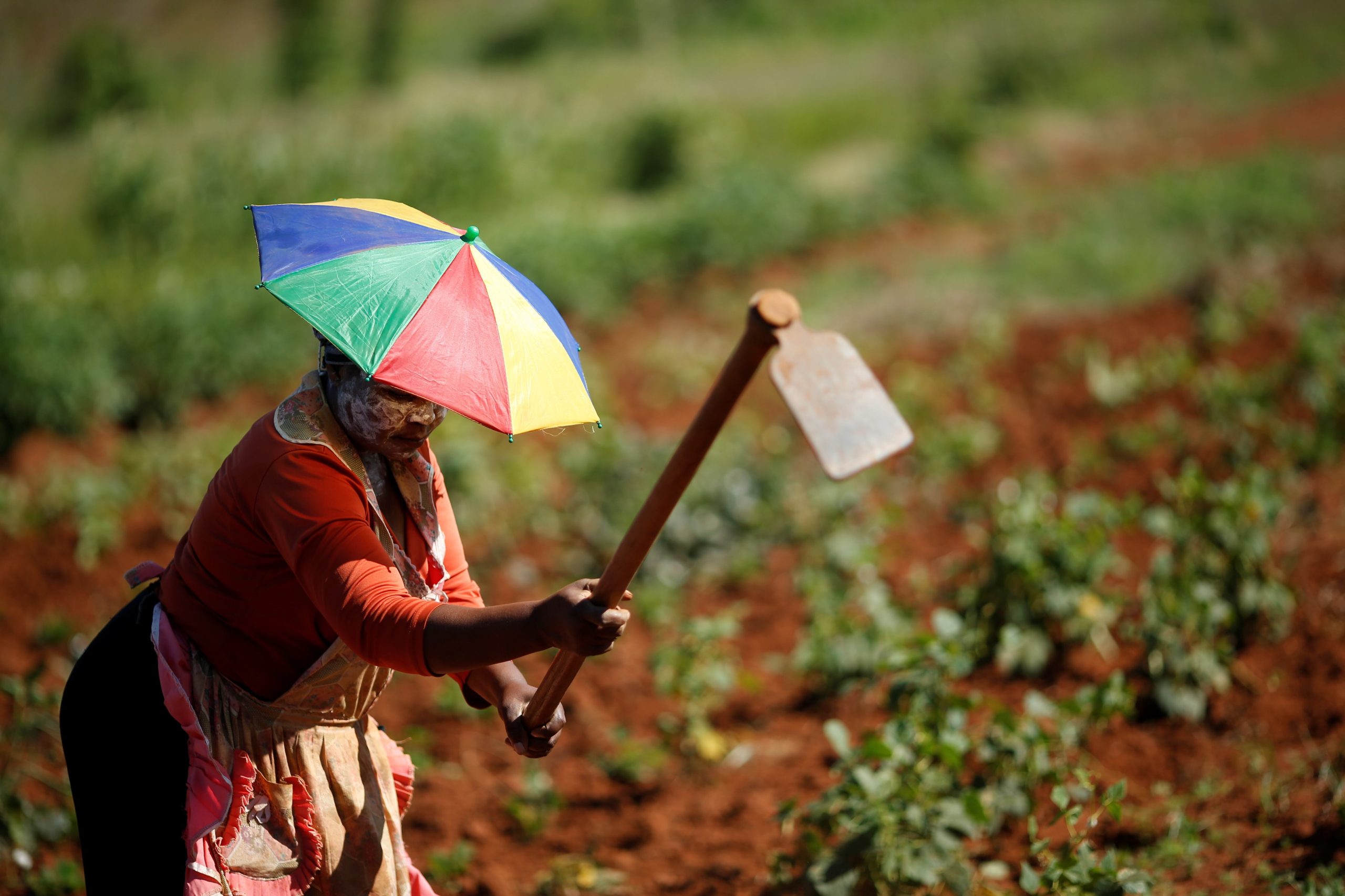Chinese farmers embrace livestreaming to sell directly and revitalize the rural economy.
As digital technologies become more widespread, Chinese farmers are entering a new era—where the soil meets the screen. A national program is turning traditional growers into online influencers through livestreaming bootcamps designed to connect them directly with consumers.
Back to School to Save the Harvest
In a village in Shandong province, 56-year-old Gao Chaorong no longer relies solely on fertile land and farming expertise. Though still skilled in cultivating sweet potatoes, peanuts, and wheat, she’s now taking a different route to ensure her crops don’t go to waste: joining livestreaming training programs.
Digital Agriculture: A Path to Rural Revival
China has been prioritizing rural revitalization in recent years, aiming to bridge the gap between cities and countryside. One of the key tools in this strategy is the digitization of agriculture—empowering farmers to sell their produce directly online. This movement has led to the rise of so-called “new farmers,” tech-savvy growers who are changing the face of rural commerce.
Surge in Rural Content Creators
Over the past year, the number of rural content creators on Douyin (China’s version of TikTok) has risen by more than 52%. Meanwhile, the hashtag “new farmers” has garnered over 227 million views on Xiaohongshu, the Chinese equivalent of Instagram—clear evidence of consumer enthusiasm for direct engagement with local producers.
Local Officials Join the Livestream Revolution
To boost this transformation, local governments are encouraging—and in some cases requiring—officials to set an example by going live themselves. In the small city of Pingdu, Communist Party official Chen Xichuan appears under the sun with a juicy pear in hand, confidently pitching the fruit to his online viewers.
“Take it home, try it, and make fresh pear juice for your kids,” he urges, demonstrating a new kind of grassroots marketing.
Livestreaming: A Fresh Take on Rural Sales
With Chinese consumers increasingly shopping online—from clothes and cosmetics to garlic and eggs—livestreaming has become a crucial sales channel for farmers. Viewers can interact in real time, ask questions, and place orders instantly, making the experience both engaging and efficient.
Professional Training to Enter the Digital Market
Recognizing this shift, the Tian sisters—children of farmers and now e-commerce trainers—host monthly livestreaming bootcamps. Their four-day intensive courses cost around 5,000 yuan ($698), with the promise of lifelong support. These sessions teach farmers how to use engaging scripts, props, and attractive backgrounds to captivate viewers.
Connection, Not Just Sales
During one training session, Gao holds up a fresh eggplant and confidently discusses how best to prepare it. Instructor Tian Dongying reminds the class: “Selling isn’t just about memorizing a script. It’s about making a real connection with your audience.”
She writes on the whiteboard: “Visuals are important, but storytelling and trust build loyalty.”
One Billion Users, One Massive Opportunity
With over one billion internet users, China holds the world’s largest online market. In this environment, farmers who embrace technology are not just enhancing their personal income—they’re helping to reshape local economies and drive rural development.
A National Push for Digital Empowerment
Since President Xi Jinping designated rural revitalization a national priority in 2012, digital training for farmers has become a vital part of sustainable development. For farmers like Gao, this shift represents more than a career change—it’s an opportunity to gain visibility, achieve financial stability, and play a key role in the digital future of Chinese agriculture.



